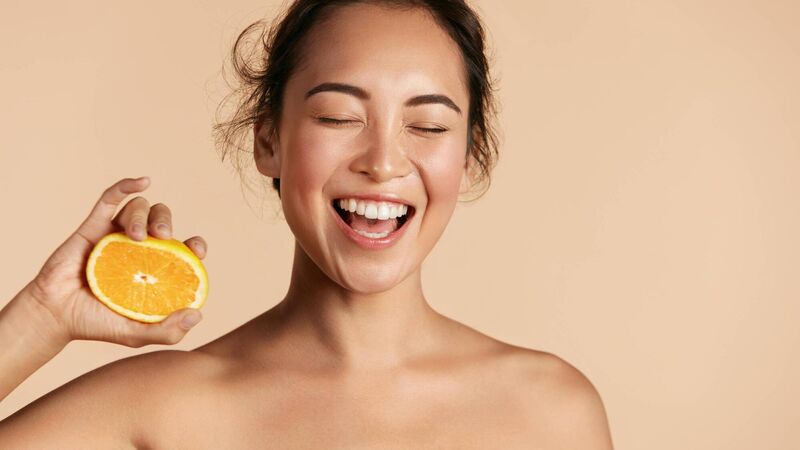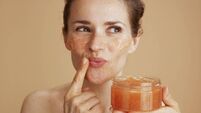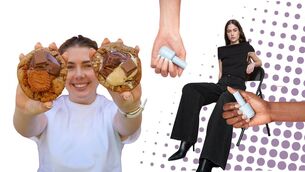The Skin Nerd: Skin and hair changes to be aware of that can be signs of nutritional deficiency

Skin Nerd: What are you feeding your skin?
Along with feeling more tired than usual and having a lowered immune system, changes in your skin and hair can be telling signs of a nutritional deficiency. As a barometer of vitality, when you are healthy on the inside, it tends to show and so the opposite can occur if you are not operating in full health mode.
Certain groups of people have a higher risk of malnutrition including pregnant women, those on certain medications and those following a restrictive diet and often, people can have more than one deficiency.* Although many nutritional deficiencies have numerous symptoms, much of these are easy to resolve if you are able to widen your diet or by starting to include supplements. But what are the dermatological signs of a nutritional deficiency and how can you work out what you are lacking? I discussed the topic with nutritionist Nichola Flood, an expert in recognising diets that fall short of the required vitamin intake.







